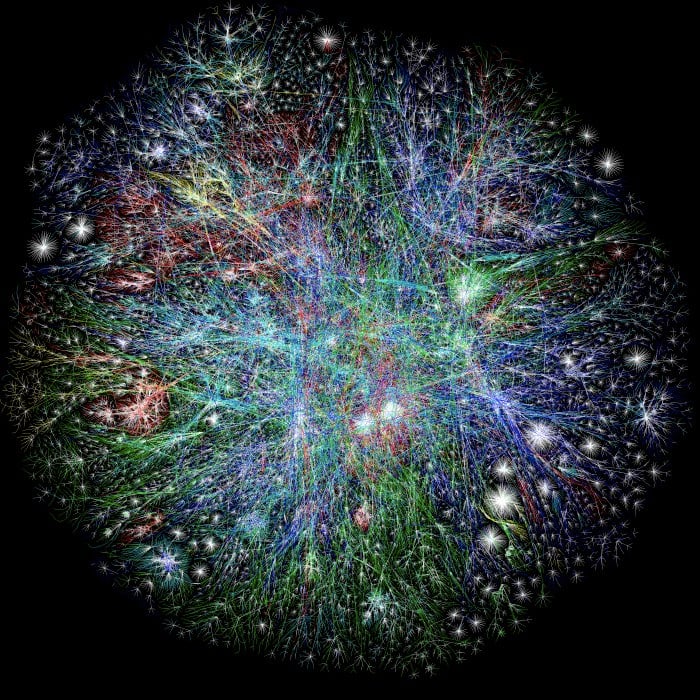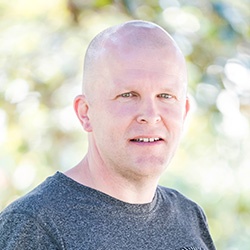When Yuval Noah Harari’s book Sapiens took the Studiosity office by storm a couple of months ago, it left us variously intrigued, thrilled, and ultimately for many of us breaking out in a cold sweat about the possible fate of humanity in not-so-many years.
As an organization that has optimism for individuals and our species in our DNA, we went looking for an antidote to the cold sweats and may have found it in Matt Ridley’s The Rational Optimist.

At a time when the media bombards us with overwhelmingly negative news, Ridley takes the bold step of arguing that life for humans has not only never been better, but will keep on getting better, and at a faster and faster rate. His position isn’t just built on data, although in so many measures he presents a compelling case. The theory that underpins The Rational Optimist, is that as people have interacted more, their collective creativity and invention has resulted in accelerating technological and economic advances. This makes a lot of sense. Connected people can leverage the collective brainpower available, and we’ve never been so connected.
Ridley tells the story of how when people started trading over 100,000 years ago, technological breakthroughs became more common and more widespread. Larger populations in particular were successful in connecting ideas as well as preserving and improving on them for future generations. Specialisation, a consequence of trade, then inspired innovation.
 Left: an Acheulean hand axe from half a million years ago, right: a modern-day computer mouse.
Left: an Acheulean hand axe from half a million years ago, right: a modern-day computer mouse.
One was made for self-sufficiency, the other was made by many, for use by millions. Image source: Matt Ridley's TED talk.
To illustrate the power of connectivity Ridley also looks at what happens when people become isolated and fail to pass on knowledge, citing examples of geographically remote cultures which not only didn’t develop technologies as quickly as others did, but actually lost technology they once had when experts died before they could pass on their know-how. Conversely, when two peoples with complementary ideas engage with each other, invention will flourish, and knowledge will become so widespread that it becomes immune to loss. In Ridley’s words, when ‘ideas have sex’ creativity and invention accelerates, to the benefit of all.
It makes sense that connecting ideas will result in better ideas, and when ideas are able to find each other more easily, the barriers to invention start to fall. Just a few generations ago two scientists on opposite sides of the world, each with one half of the key to a discovery, may never have found the other, and so failed to progress human understanding of the world. Today our interconnected world enables businesses, researchers, entrepreneurs - anyone with access to the internet, to interact so that two complementary ideas will almost inevitably meet. As Ridley puts it, we are all part of an enormous, interconnected brain that allows humans to continue to advance technologies and find solutions to the world’s problems.
 A 'map' of the internet, via the Opte project, bearing a striking resemblance to the connecting neurons of a human brain.
A 'map' of the internet, via the Opte project, bearing a striking resemblance to the connecting neurons of a human brain.
Matt Ridley’s theory of trade and connectivity as the source of so much that has improved the lives of people for the last 100,000 years has particular resonance for us at Studiosity. The power of connection is at the heart of what we do - as every day, we bring together people who are searching for understanding in their particular area of study with people who are able to help them understand, right in that moment of need. Each connection strengthens another node in the collective human brain, as knowledge is shared and understanding is unlocked, helping to amplify the power of that mind for future generations.
If Ridley is right, we will become ever more connected and find new and better ways to solve problems and increase the quality of life on Earth. Technological advances will continue to accelerate. This wouldn’t be entirely inconsistent with the future that Harari predicts in Homo Deus, his sequel to Sapiens, where he envisages a post-human world of immortals, and it could happen much faster than we might imagine.
Oh dear, the cold sweats are back.






